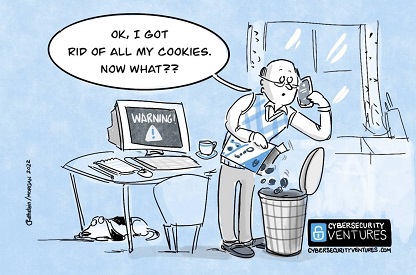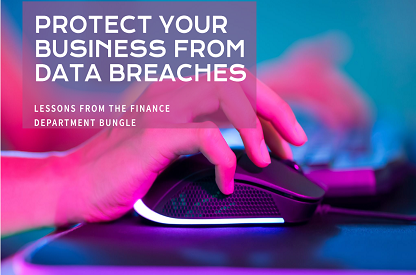
Protecting Children's Privacy in the Age of AI and Growing Needs of Cybersecurity
29 Januari 2024
With the rapid advancement of AI and the ever-growing importance of cybersecurity, we must recognize that children are particularly vulnerable to the consequences of data exposure.
Here are some reasons why we should all be vigilant when it comes to sharing kids’ personal information online:
1. Informed Consent. Children cannot provide informed consent like adults can. They often do not comprehend the implications of their data being shared. It’s our responsibility as parents, guardians, and caregivers to safeguard their digital footprint.
2. Risk of Identity Theft. Cybercriminals can exploit even the smallest pieces of personal information. Sharing details like birthdates, school names, and even photos can lead to identity theft, which can have lifelong consequences for a child.
3. AI and Predictive Analytics. AI systems can use vast amounts of data to make predictions about an individual’s behavior, interests, and preferences. Sharing children’s data might inadvertently expose them to targeted advertising or influence attempts, potentially affecting their development.
4. Bullying and Harassment. Sadly, social media can also be a breeding ground for bullying and harassment. Sharing personal information makes it easier for malicious actors to target children, leading to emotional distress and harm.
5. Future Consequences. Information shared online can linger indefinitely. What might seem harmless today could come back to haunt children in the future when they apply for jobs, scholarships, or even seek public office.

How Can We Protect Children’s Privacy?
Here are some steps we can take as responsible digital citizens:
1. Educate. Share knowledge about the importance of online privacy with friends and family. Teach children about responsible digital behavior.
2. Privacy Settings. Review and set strict privacy settings on your social media accounts to limit who can see your posts and your children’s information.
3. Think Before You Share. Always think twice before sharing any information about children, especially on public platforms.
4. Advocate for Legislation. Support and advocate for legislation that protects children’s privacy online. Encourage tech companies to prioritize this issue.
5. Report and Block. If you come across inappropriate sharing of children’s data, report it and block the responsible accounts.
Let’s remember that children are our future, and safeguarding their privacy today is an investment in a safer, more secure digital tomorrow. By being mindful of what we share and advocating for change, we can collectively protect the youngest members of our digital society. Let’s lock down children’s digital safety, one responsible click at a time. Together, we can make a difference!
Disclaimer: This was an original post on September 17, 2023, but decided to turn it into an article.





